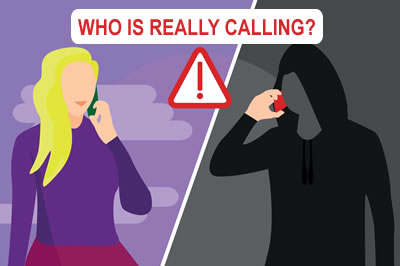I was asked:
Someone pretending to be me has tried to set up some finance. It all got stopped, no money lost and no real harm done. My concern is that the finance company is proposing to record this impersonation on Cifas, but won’t if I ask them not to.
The letter makes it sound like informing Cifas is a good thing, but I’ve googled it and have found nothing but horror stories about never getting credit again if you have a Cifas marker? Will this affect my credit score? Should I agree?
Cifas is one of the UK’s fraud databases. Most lenders check it before they decide to lend. So is having this recorded a good or bad thing for you?
 The two types of Cifas markers
The two types of Cifas markers
The Cifas database records who may have been the victim of fraud and who may have committed fraud. These are two very different types of marker.
You do NOT want a marker against your name saying you may have committed fraud! If you have one, you are likely to be declined for any credit, even a mobile contract. And it will very hard to open a bank account. See Is your name in a fraud database? for how to find out about these markers and what you can do if you think it is unfair.
But the Cifas “victim” markers such as Victim of Impersonation or Victim of Takeover are there to protect you. They warn lenders to make extra checks if “you” apply for credit, just in case it isn’t you as fraudsters may have some of your details.
Do victim markers make it harder to get credit?
I asked James Jones from Experian how these victim markers affect getting credit. He says:
While certain Cifas markers are included in your credit report, including ‘Victim of Impersonation’ and ‘Protective Registration’, they are not factored in to credit scores. However, lenders should see and take account of any relevant CIFAS marker to help them take extra care when processing an application.
So your score isn’t affected.
Victim markers should not make it impossible to get credit. But a lender should look more closely at any credit application where there is a Cifas marker. As a result it may take slightly longer for your application to be approved. You may be contacted by the lender and asked to confirm that you have made the application.
Victim markers are kept for 13 months
Cifas says Victim markers remain on its database for 13 months.
I think many people will be very happy for credit applications to be double checked for the next year or so to minimise the risk of future scams. When a fraudster may know some of your details, you don’t want them to be used again to scam you.
So if you are asked if you want a marker to be added, I think most people will agree.
Protective Registration
You can also apply to Cifas for protective registration if you are worried that someone may know some of your personal details. It’s a bit like a “victim” marker except you don’t have to wait for a scam to happen first.
Cifas says:
When you request Protective Registration, we place a warning flag against your name and other personal details in our National Fraud Database. This tells any organisation that uses Cifas data to pay special attention when your details are used to apply for their products or services. Knowing you’re at risk, they’ll carry out extra checks to make sure it’s really you applying, and not a fraudster using your details.
This costs £30 and last for 2 years, but you can ask for it to be ended sooner.
John Williams says
This is an increasingly common problem, and from personal experience I have found that some lenders can’t be bothered with the hassle of obtaining ID etc when there is a CIFAS fraud victim marker, so it’s an automatic decline.
Sara (Debt Camel) says
would you like to name the lenders?
Sai says
John I agree this is a big problem where Cifas put a victim marker in your name and you are refused by the lender
Lucy says
I am currently having this issue. I was a victim earlier this year and now I’m finding it really hard to find credit, despite an excellent credit rating. Because everything is done automatically by systems, lenders are finding it hard to override, and its the only barrier we can see.
Sara (Debt Camel) says
You can ask to have the Victim marker removed if you want